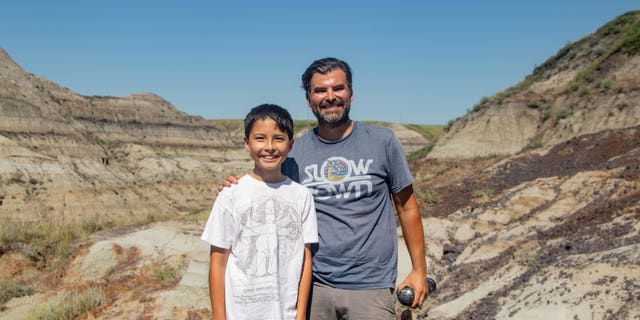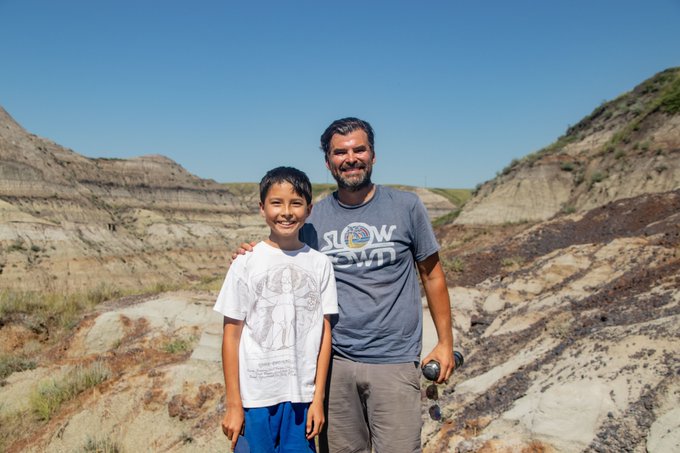The cannabis industry could be a big winner on Election Day
Many states have adult-use legalization initiatives on their November ballots. Vice President Joe Biden and running mate Senator Kamala Harris support adult-use marijuana decriminalization, moderate rescheduling, federal medicinal legalization, allowing states to set their own laws and expunging prior cannabis convictions — though not federal legalization.
Alongside tax revenue and job creation, social justice reform is the strongest argument for legalization, on both the federal and state levels
.
© Provided by CNBC A customer lights a joint at Lowell Farms, America's first official Cannabis Cafe offering farm-to-table dining and smoking of cannabis in West Hollywood, California, October 1, 2019.
New Jersey is expected to approve a ballot initiative to legalize adult-use (aka recreational) marijuana on Election Day next month. Aside from stoking up the 61% of likely Garden State voters in favor of the measure, its passage is projected to generate up to $400 million in adult-use sales in its first year and $950 million by 2024, translating then to nearly $63 million in annual state tax revenue and an additional $19 million in local taxes, as estimated by Marijuana Business Daily. In an economy shattered by the coronavirus pandemic, legal weed looks like a great idea.
That may not be the only good news for legalization proponents after Nov. 3. They're hoping New Jersey's pro-pot vote will trigger a domino effect in neighboring states considering similar efforts. "Once New Jersey goes, it's going to set off an arms race along the East Coast, putting New York, Connecticut and Pennsylvania on the clock," said DeVaughn Ward, senior legislative counsel for the Marijuana Policy Project, a cannabis advocacy group in Hartford.
Those three states already permit medicinal marijuana sales and have been moving toward legalizing adult-use for several years, considering tax revenue, job creation and the will of the majority of residents in favor of full legalization. The legislative stars appeared aligned following the 2018 midterm elections' blue wave, yet ultimately there weren't enough yea votes in the respective state houses last year. Then the pandemic hit in March, keeping legalization bills in lockdown until next year.
Three additional states — Arizona, South Dakota and Montana — have adult-use legalization initiatives on their November ballots, and Mississippians will vote on a bill allowing medicinal sales. If all five measures pass, medicinal marijuana will be legal in 38 states, as well as Washington, D.C., and Puerto Rico, and adult-use in 14 of those, plus D.C.
Legalization is another leg on the long, strange trip the U.S. cannabis industry is experiencing in the Year of Covid. Marijuana sales have gone up during the pandemic, thanks to stay-at-home orders and federal stimulus money. And the prospects for continued growth are high.
Total cannabis sales in the U.S. this year are projected to reach $15.8 billion, according to Arcview Market Research/BDSA, up from $12.1 billion in 2019. In adult-use states, the numbers are eye-popping. Illinois, for instance, recently reported its fifth straight month of record-breaking marijuana sales, which hit $67 million in September. Oregon has seen adult-use sales rise 30% above forecast since the pandemic began, averaging $100 million a month over the summer.
"As a whole, the industry is doing fairly well," said Chris Walsh, CEO of Marijuana Business Daily. "Some companies have struggled, but in general we haven't seen an overwhelming number of layoffs or companies going out of business." A big boost, he added, was that most states deemed cannabis businesses as essential during the pandemic. "They were able to stay open while the economy virtually came to a grinding halt," Walsh said.
© Provided by CNBC A customer holding a cannabis product gestures while leaving the Natural Vibe store after legal recreational marijuana went on sale in St John's, Newfoundland and Labrador, Canada October 17, 2018.
Even so, because marijuana remains illegal on the federal level, the industry was ineligible for funds distributed through the Small Business Administration's Paycheck Protection Program. "It's just another irony on top of irony about how the country handles cannabis in general," Walsh said. House Democrats have included the industry in previous and proposed Covid stimulus packages, but to no avail.
Federal stance on pot legalization
Depending on the outcome of next month's presidential and Congressional elections, the likelihood of full federal legalization — which means removing it from its highly restrictive Schedule I drug classification under the Controlled Substances Act — could be greater than ever. What's more, there's a good chance that the rampant injustices inflicted during the nation's nearly century-old cannabis prohibition, disproportionately upon people of color, may be overcome.
The Trump administration has had an enigmatic relationship with cannabis. It rescinded an Obama-era policy that prevented federal prosecutions for marijuana offenses and made immigrants ineligible for citizenship if they consume marijuana or work in the cannabis industry. Yet Trump has previously favored states' rights to legalize pot and signed the 2018 Farm Bill that legalized hemp, its non-intoxicating variety. He's running for reelection on a law-and-order platform and has never promoted federal legalization, so even if Congress turns solid blue, it's hard to predict where he might come down on the issue.
Trump's Democratic opponent, Vice President Joe Biden, has a complicated history with cannabis, too. As a senator, he championed the 1994 crime bill that sent tens of thousands of minor drug offenders to prison. Yet while serving as Obama's vice president, the administration issued the Cole memo, which cleared the way for state-legal marijuana businesses to operate largely without federal interference. Biden and running mate Senator Kamala Harris support adult-use marijuana decriminalization, moderate rescheduling, federal medicinal legalization, allowing states to set their own laws and expunging prior cannabis convictions — though not federal legalization.
Harris and Rep. Jerry Nadler were co-sponsors last year of the Marijuana Opportunity Reinvestment and Expungement (MORE) Act, which would remove cannabis from the Controlled Substances Act and eliminate criminal penalties under federal law. The MORE Act also would expedite expungements, impose a 5% tax on cannabis products to fund criminal and social reforms and prohibit the denial of any federal public benefits based on marijuana use. Congress was scheduled to vote on the bill in September, but it was delayed, probably until next year.
Alongside tax revenue and job creation, social justice reform is the strongest argument for legalization, on both the federal and state levels. Dating back to the Marihuana Tax Act of 1937, criminalization and incarceration, especially of minorities, have been foundational to drug laws. "The war on drugs has historically and continues to disproportionately target communities of color," said David Abernathy, vice president of research and consulting for Arcview Group, an Oakland-based firm that matches cannabis businesses and investors, who also is on the board of the Minority Cannabis Business Association.
Business opportunities in the cannabis market
While decriminalization and expungement are paramount to legalization, providing business opportunities for minorities in legal cannabis is equally vital, Abernathy said. "It's harder for communities of color to participate in the industry as it gets better capitalized and folks from other industries move into it with their connections," he said. That's why there's been pushback in some state initiatives that disqualify individuals with drug convictions from working with cannabis.
On the investment side of the equation, Abernathy noted that even before Covid, there was a significantly slower capital market than in recent years. But with the industry's uptick during the pandemic, for some investors it's been "a good place to put money in this volatile time," he said. Next year, especially if legalization initiatives pass, "we expect this growth trend to continue."
Another positive trend is the increasing sophistication of cannabis businesses, with publicly-traded companies such as Tilray, Cronos Group, Aurora Cannabis, GW Pharmaceuticals and Canopy Growth as prime examples. They are among start-ups involved in medicinals, CBDs, edibles, vaping and smokable products, as well as cannabis cultivation and distribution, where allowed in the U.S. and other countries. If and when marijuana becomes federally legal in the U.S., those endemic players are likely to be joined by conventional food, beverage, tobacco and other consumer product companies that for years have been anticipating a multi-billion-dollar global cannabis market.
Additionally, the industry has the potential for significant job growth, said Aaron Smith, executive director of the National Cannabis Industry Association in Washington. There are already 250,000 people working in legal cannabis, according to a report by Leafly last year, "but with new states coming on board and [possible] federal legalization, that could turn into tens of millions of jobs," Smith said. "Given the state of the economy, policy makers and voters ought to look to this industry for its economic potential."

 natureconservancy.ca/en/where-we-wo #dinosaurs #Alberta #fossils #history #abpoli
natureconservancy.ca/en/where-we-wo #dinosaurs #Alberta #fossils #history #abpoli

















